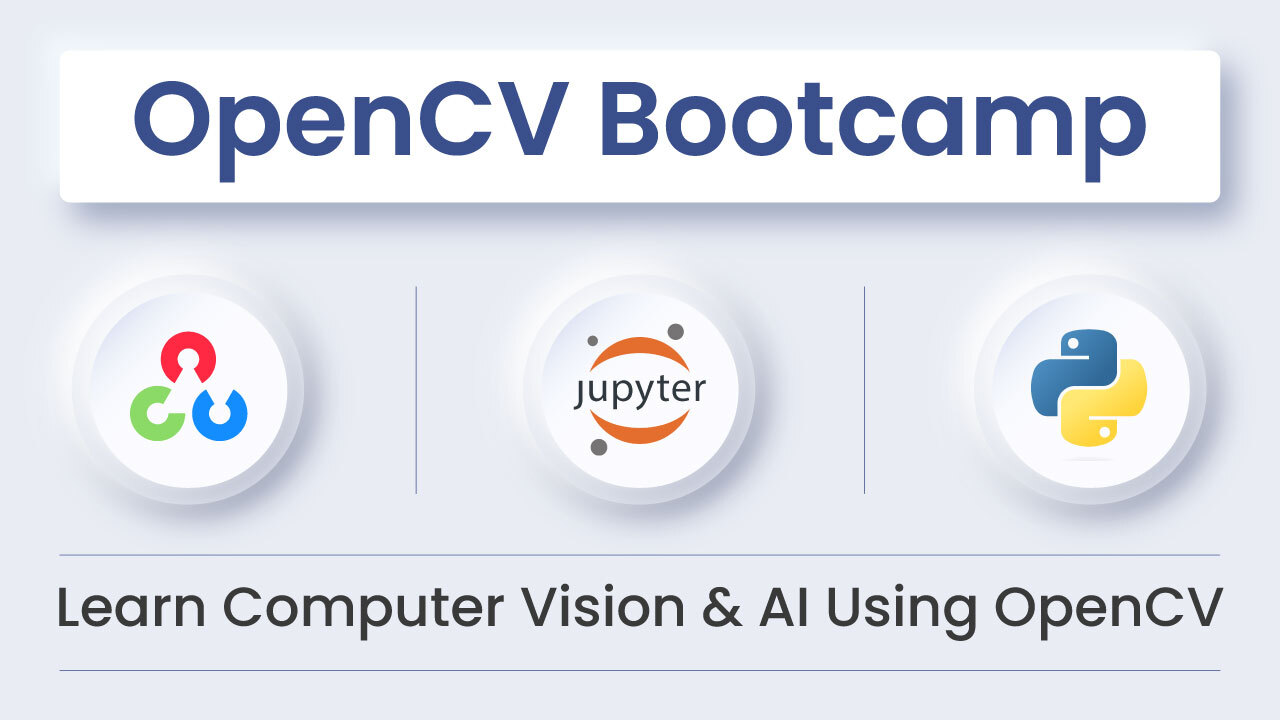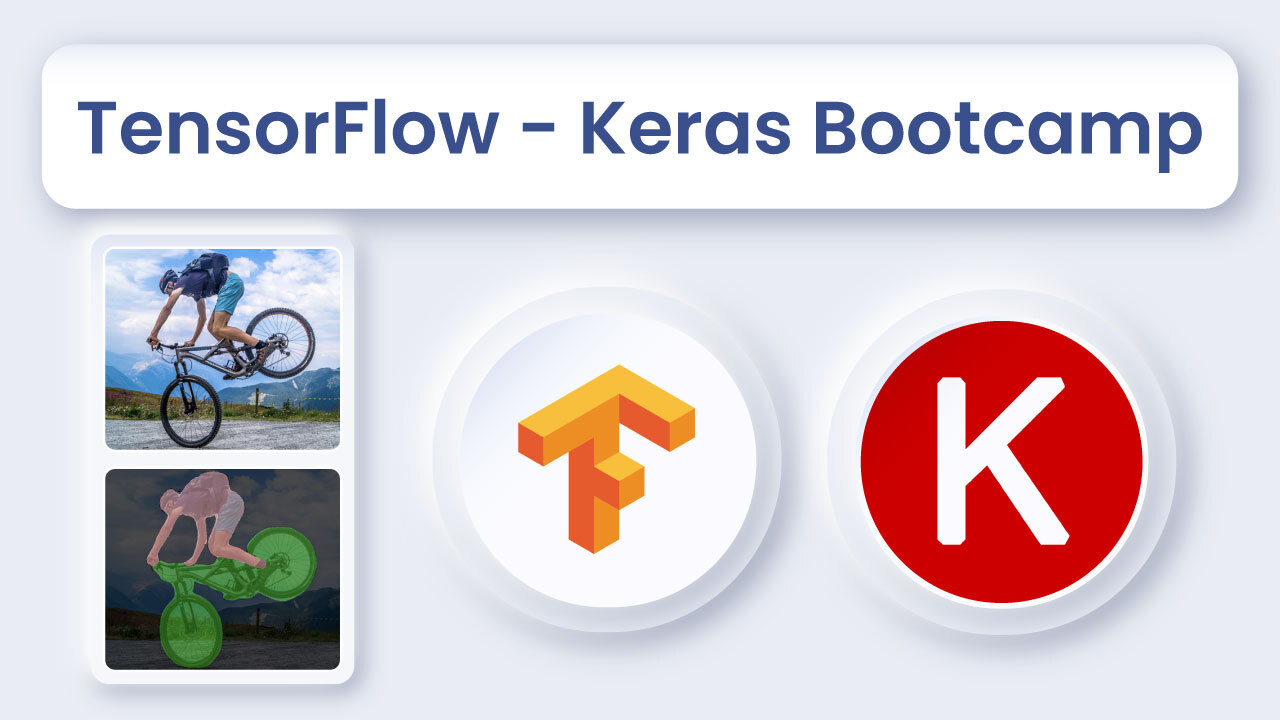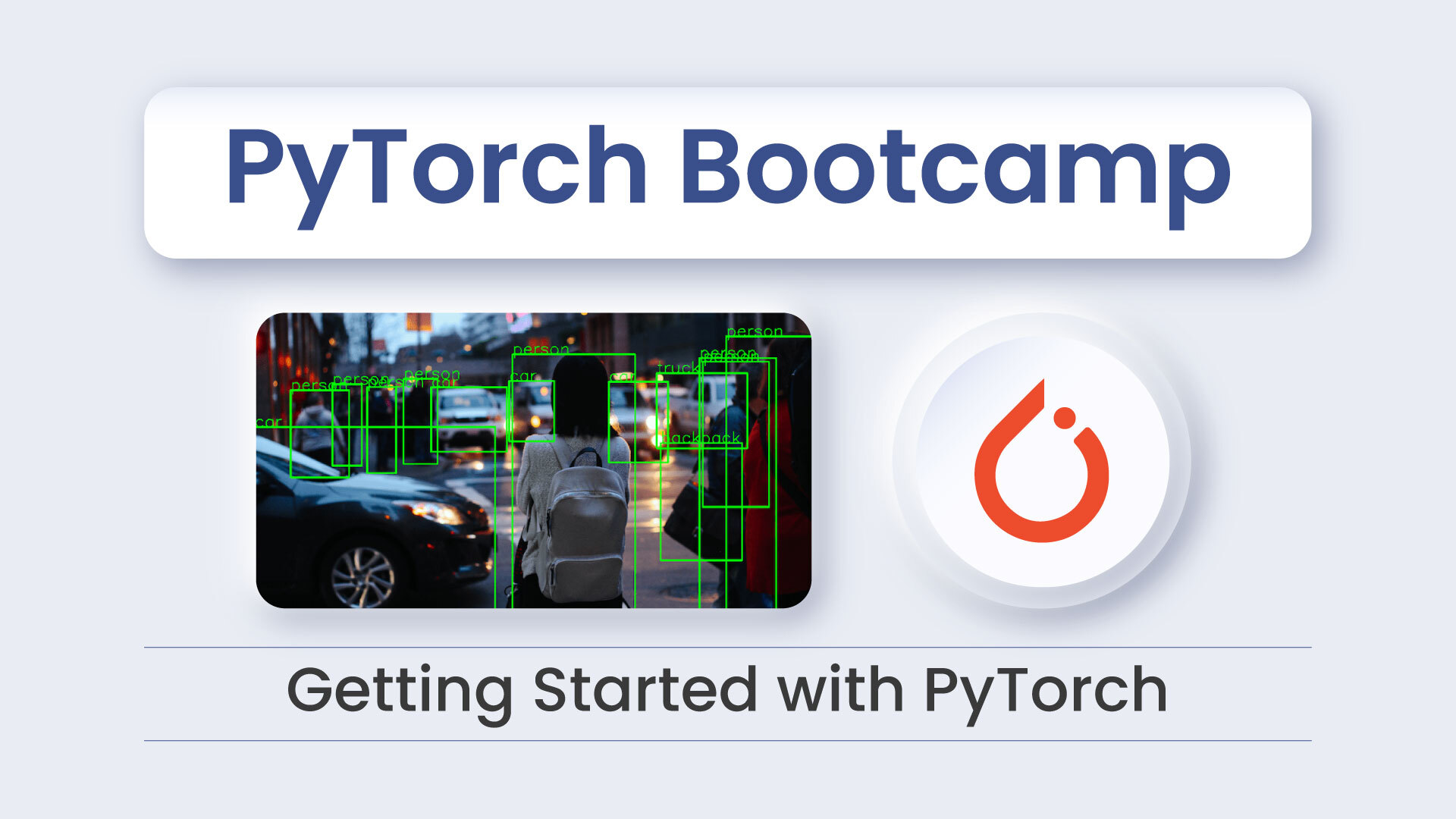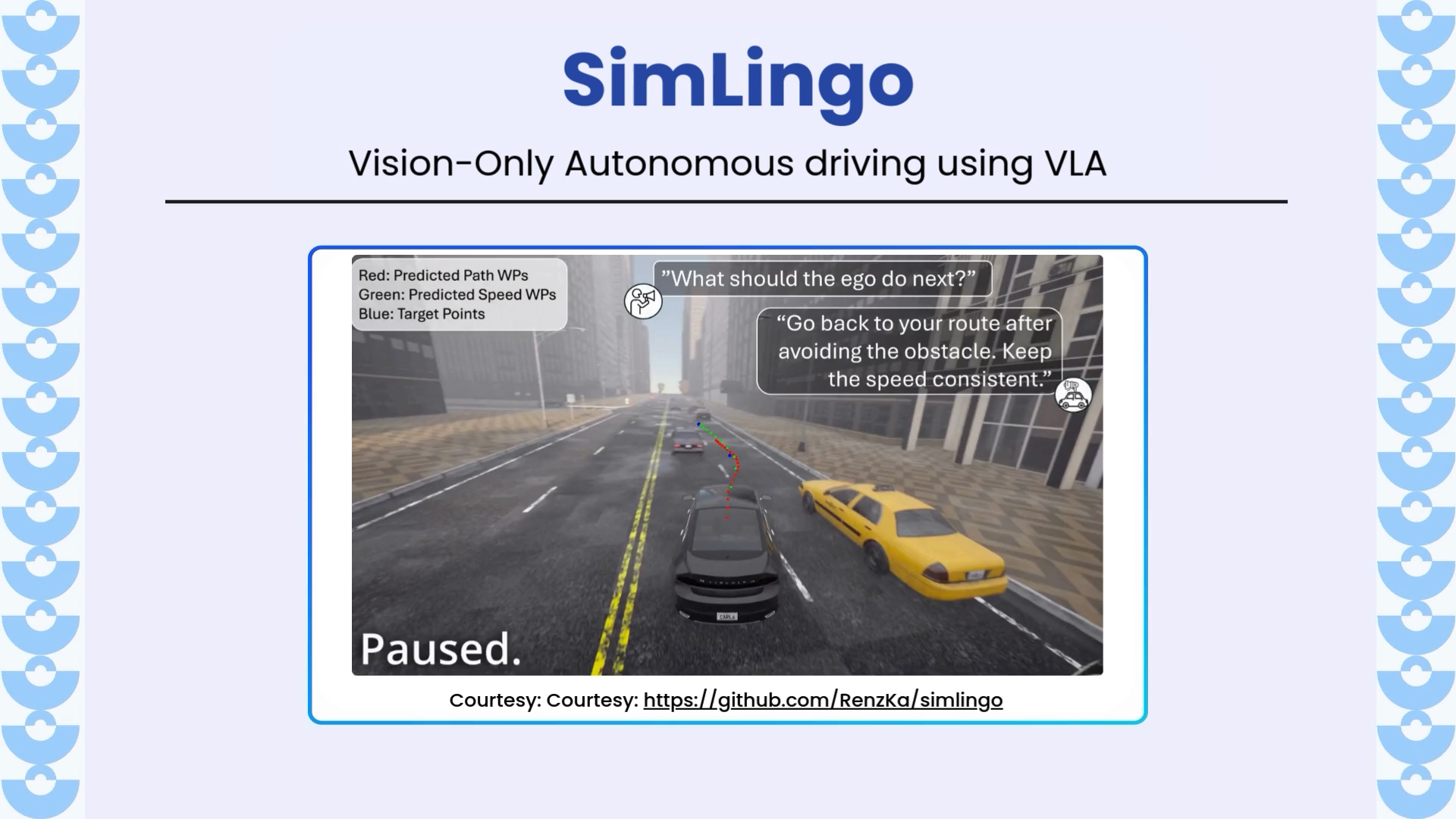
Fast and accurate data annotation is crucial for the success of any AI project.
For the last five years, Intel has developed one of the world’s most popular open-source annotation tools, the Computer Vision Annotation Tool (CVAT), and hosted the tool on CVAT.org. Intel engineers have worked diligently to bring many features to the tool that makes annotation easy for many computer vision tasks like image classification, object detection, and image segmentation. Under the hood of CVAT, AI models, optimized by Intel’s OpenVINO Toolkit, assist these manual tasks to make them faster for humans.
CVAT is a prime example of how collaboration between the industry and the open source community can bring a high-quality tool to the market that everyone can enjoy for free.
In the spirit of collaboration and working to address the needs of our community, in the future active CVAT development by Intel will now move under the OpenCV umbrella to foster open ecosystems and drive innovation, and we are honored to take on this role.
Gary Bradski, the founder of OpenCV, said:
“Intel has always been an incubator of open source projects. We are thankful for their contributions to the community, and we are grateful to Intel for placing its trust in the OpenCV team for moving CVAT forward.”
Alexey Myakov, Chief Computer Vision Advocate at Intel, said:
“CVAT has grown into a leading community for annotation and we’re proud so many developers have found it valuable. Because CVAT builds on many computer vision capabilities within OpenCV, the defacto standard for computer vision, the combined team will be able to accelerate innovation for developers and continue to enhance the product. OpenVINO will remain an acceleration engine within CVAT and for developers building their applications through to prototype and production. We look forward to our ongoing collaboration to ensure that CVAT, OpenCV and OpenVINO work seamlessly together for computer vision developers.”
What’s Next?
Open Source
As part of OpenCV, CVAT will remain open source under the permissive MIT license, allowing commercial use without fee.
GitHub Repo
Intel has graciously agreed to transfer the original CVAT GitHub to OpenCV, making the transition easy for developers who depend on that repository. We will update this section with a link to the new repository once the transfer is final.
CVAT Team
CVAT’s core development team remains the same. They will directly work with the OpenCV team.
Hosted Version Migration
As part of the transition, the hosted version at CVAT.org will be taken down after six months.
A new, hosted version of CVAT is now open for signups at CVAT.ai.
OpenCV will provide a tool to migrate data from CVAT.org to CVAT.ai.
Note: Users and data hosted at CVAT.org will not be automatically transferred to CVAT.ai due to privacy reasons. Users will have to migrate their data manually or using the migration tool provided by OpenCV. Intel is not involved in the development of the migration tool and will not be responsible for any adverse consequences, including loss of data, during the migration.
Conclusion
We are excited to work with the CVAT team closely to bring new features to CVAT. Thank you, Intel! For any questions or comments, please feel free to ask them in the comments section or contact CVAT via email.





5K+ Learners
Join Free VLM Bootcamp3 Hours of Learning